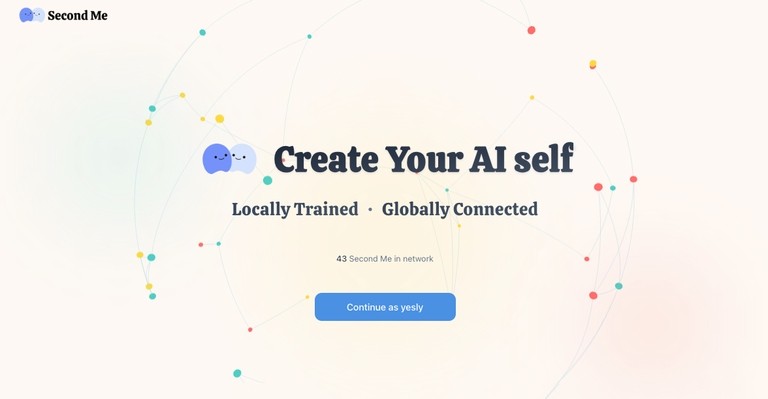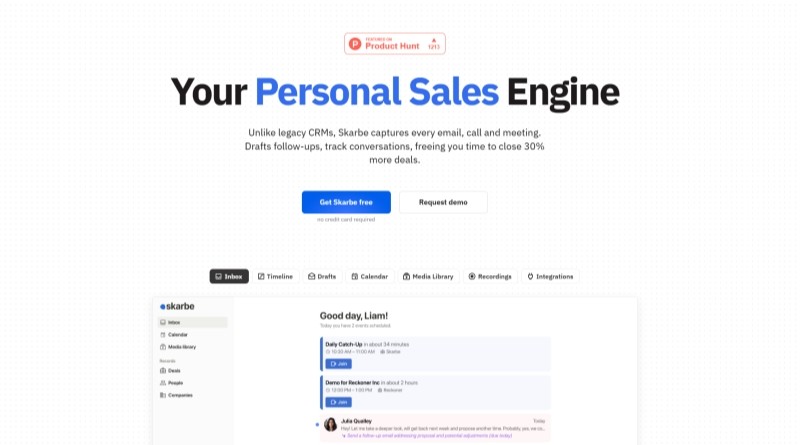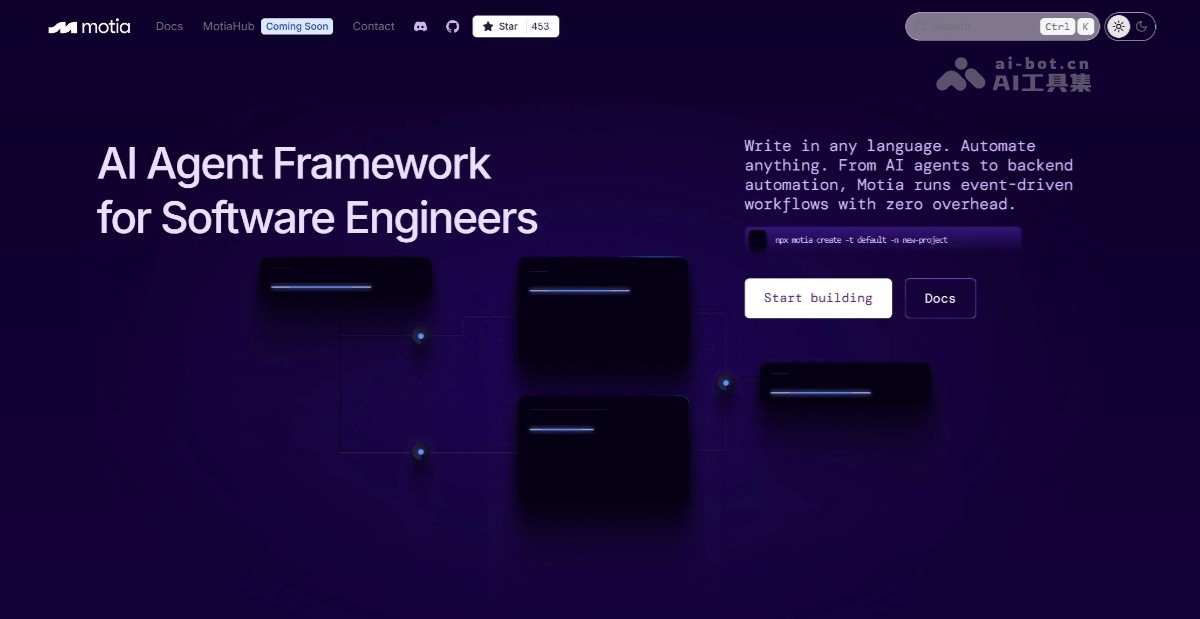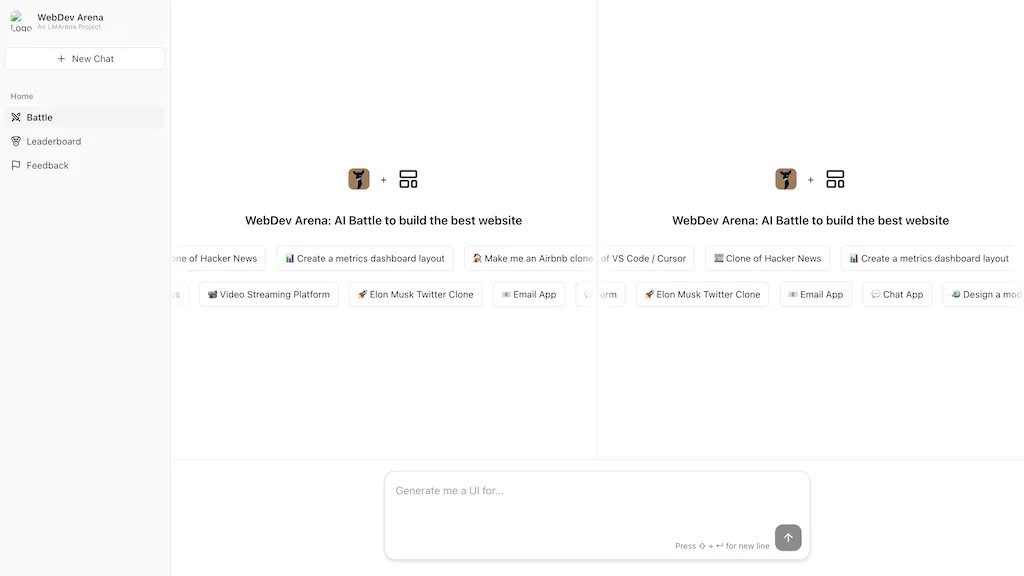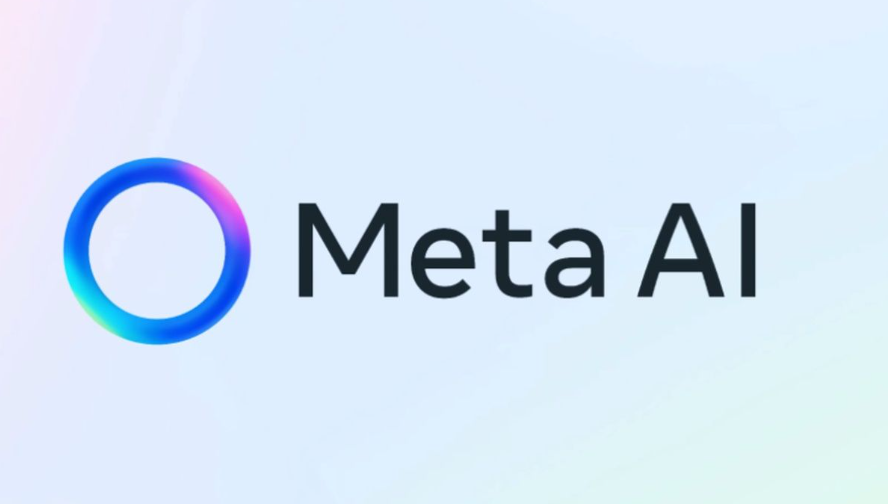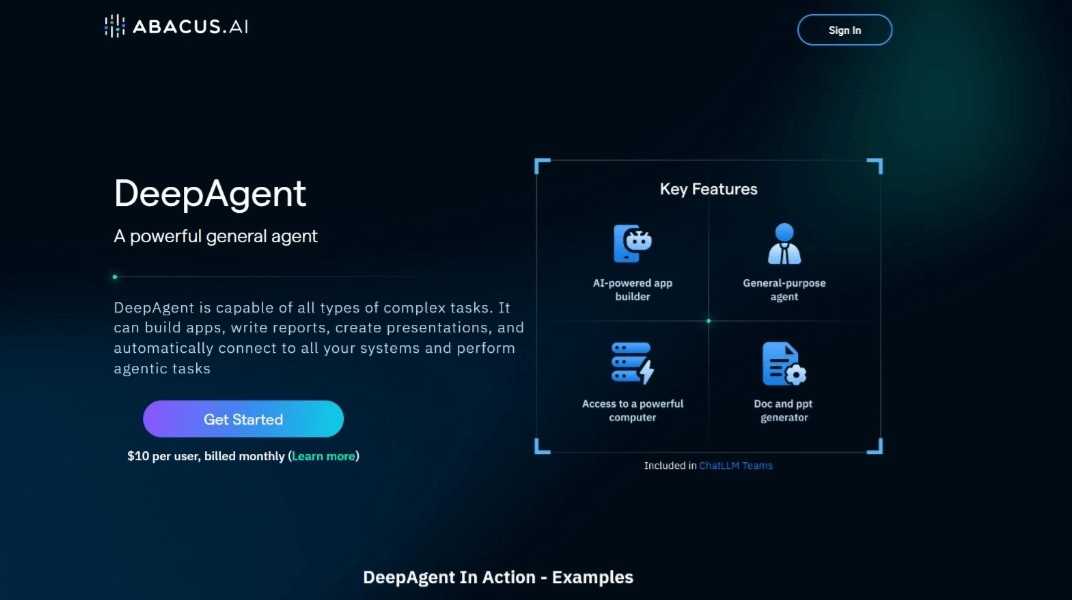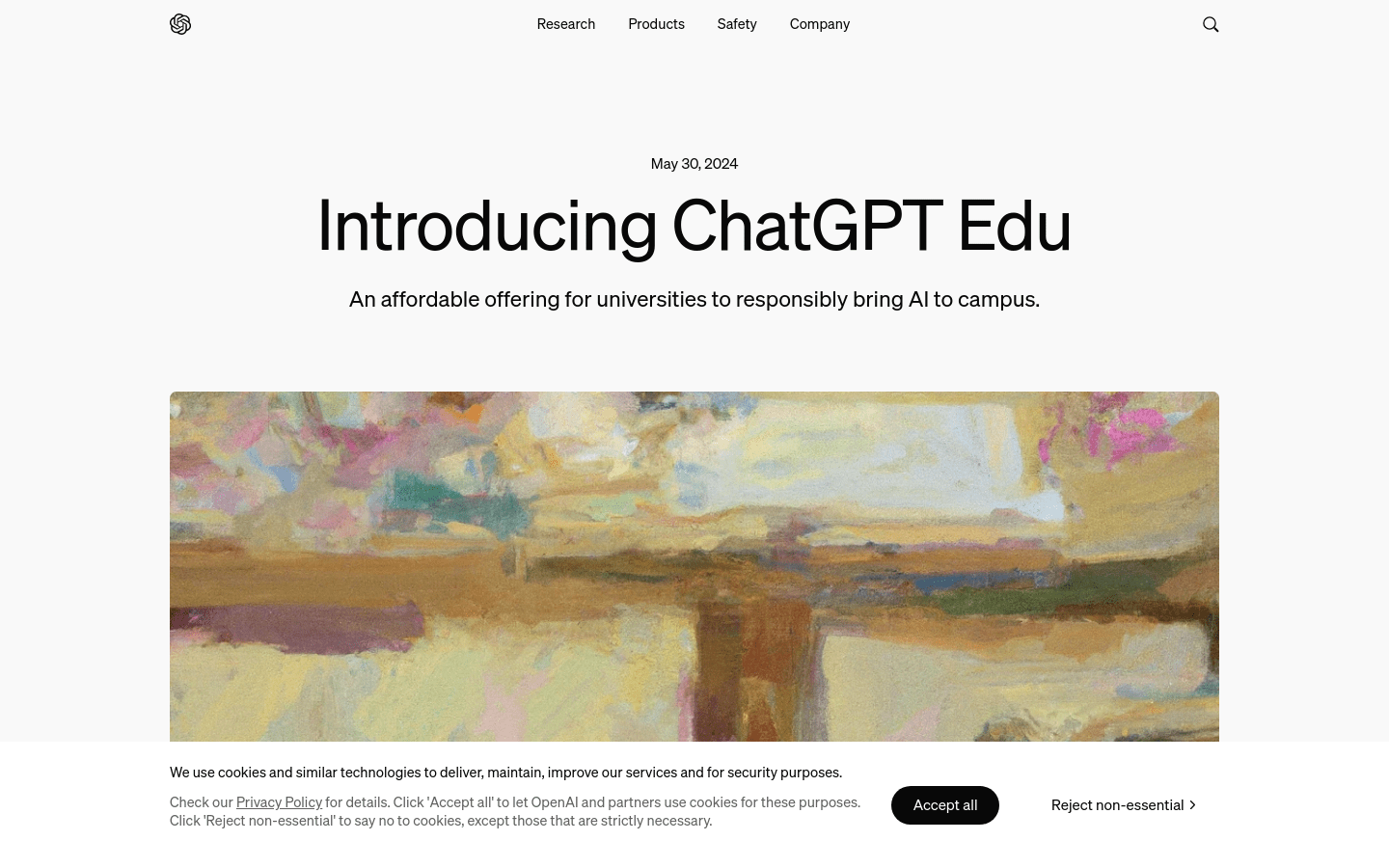
ChatGPT Edu is an AI model designed by OpenAI specifically for university campuses to responsibly introduce artificial intelligence technology to students, faculty, researchers, and campus operations. The model is built on GPT-4 and is capable of textual and visual reasoning and uses advanced tools such as data analysis. It comes with enterprise-grade security and control features at an affordable price for educational institutions.
Demand group:
ChatGPT Edu is targeted at schools looking to deploy AI on a broader scale to their students and campus communities. It is suitable for educational institutions that require personalized tutoring, research assistance, teaching support and automation of campus operations.
Example of usage scenario:
Professor Nabila El-Bassel of Columbia University leads an initiative to integrate AI into community-based strategies to reduce overdose deaths.
Undergraduate and MBA students taught by Wharton's Ethan Mollick reported that ChatGPT made them think more deeply about what they learned as they completed their final reflection assignment through discussion with a trained GPT.
Assistant Professor Christiane Reves at Arizona State University is developing customized Language Buddies GPT for students to have German conversations appropriate to their language level while receiving tailored feedback.
Product features:
Access GPT-4's flagship model, specializing in text interpretation, programming, and mathematics.
It has advanced functions such as data analysis, web browsing and document summarization.
Ability to build customized versions of ChatGPT and share within university workspaces.
The message limit is much higher than the free version of ChatGPT.
Supporting more than 50 languages, language capabilities have been significantly improved in quality and speed.
Powerful security, data privacy and administrative controls such as group permissions, single sign-on, SCIM and GPT management.
Conversations and data are not used to train OpenAI models.
Usage tutorial:
Contact the OpenAI team to learn more and get access to ChatGPT Edu .
Customize the GPT model according to campus needs.
Share and deploy customized versions of ChatGPT within university workspaces.
Utilize features such as data analysis, web browsing, and document summarization to aid teaching and research.
Provide personalized student tutoring with advanced language proficiency and multilingual support.
Leverage security and data privacy controls to secure campus operations.
Monitor and evaluate the effectiveness of ChatGPT Edu on campus and make adjustments based on feedback.
